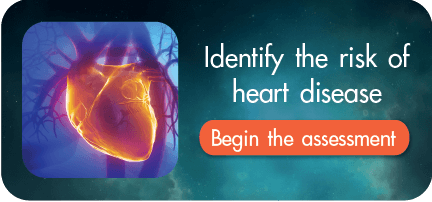- Be sure to attend annual health checkups.
- Assess yourself for any suspicious signs, such as getting tired easily, swelling in the legs, feelings of tightness in the chest and a fast or irregular heartbeat.
- Make simple lifestyle changes by exercising more, avoid fatty or salty foods, quit smoking and reduce alcohol intake to a healthy level.
- Treat any existing health issues like high blood pressure, high blood fat content, diabetes and thyrotoxicosis.
Although heart attacks can be life threatening and are a scary thought for anyone, they can be prevented with the right course of action. Heart attacks can be avoided if people are aware of their health and take care of themselves through regular exercise, getting enough rest and eating healthily. If you recognize any suspicious signs, then you should immediately see a doctor, who will advise you on the best course of action to improve your chances of preventing a heart attack.


